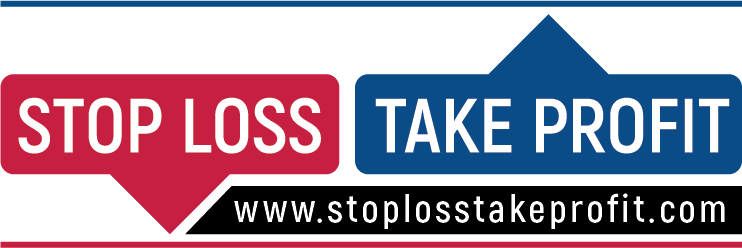The Hidden Dangers of Gambling Addiction
Gambling can be a thrilling experience, providing an adrenaline rush as players hope to win big. However, for some individuals, this excitement can quickly turn into an all-consuming obsession that takes over their lives. According to the National Council on Problem Gambling (NCPG), approximately 2 million adults in the United States struggle with gambling addiction.
What is Problem Gambling?
Problem gambling, also known as compulsive or pathological gambling, is a disorder characterized by https://luckytigergame.com repetitive and maladaptive behaviors related to gambling. This can include frequent visits to casinos, online gaming, or other forms of wagering, despite negative consequences on one’s life, relationships, and physical and mental health.
Spotting the Signs
Identifying problem gambling in oneself or others can be challenging due to its secretive nature. However, there are several warning signs that may indicate a developing addiction:
- Increased frequency and amount of betting : A gradual increase in the number of visits to casinos or online gaming sessions.
- Tolerancing larger bets : Feeling the need to bet increasingly larger amounts to achieve the same excitement or satisfaction.
- Trying to recover losses quickly : Engaging in excessive gaming or betting to recoup lost funds.
- Using money intended for other purposes : Utilizing rent, utility bills, or essential expenses to fund gambling activities.
- Neglecting responsibilities and relationships : Allowing gambling to interfere with work, social obligations, or family commitments.
- Feeling anxious or restless when unable to gamble : Experiencing tension, irritability, or restlessness when unable to engage in gaming activities.
The Impact of Problem Gambling
Problem gambling can have far-reaching consequences on an individual’s life, including:
- Financial problems : Accumulating debt, bankruptcy, and financial instability.
- Emotional distress : Anxiety, depression, mood swings, and feelings of shame or guilt.
- Strained relationships : Conflicts with family members, friends, and colleagues due to neglecting responsibilities or hiding gambling activities.
- Physical health issues : Sleep deprivation, weight gain/loss, headaches, and gastrointestinal problems.
Seeking Help
If you suspect that someone is struggling with problem gambling, it’s essential to approach the situation with empathy and understanding. Encourage them to seek professional help from:
- Therapists or counselors : Trained professionals who can provide individualized guidance and support.
- Support groups : Organizations like Gamblers Anonymous offer a safe space for sharing experiences and receiving encouragement from others in recovery.
- Hotlines and online resources : National helplines, such as the NCPG’s Problem Gambling HelpLine (1-800-522-4700), provide confidential advice and referrals to local services.
Responsible Gaming Practices
To minimize the risk of developing problem gambling habits, casinos and online gaming platforms can implement responsible gaming practices:
- Self-exclusion policies : Allowing players to voluntarily exclude themselves from participating in gaming activities for a specified period.
- Deposit limits : Implementing limits on the amount of money that can be deposited into an account within a set timeframe.
- Loss limits : Setting restrictions on the maximum amount that can be lost within a predetermined time frame.
- Reality checks : Providing regular reminders about the player’s session history, deposits, and losses.
Conclusion
Problem gambling is a serious issue that requires attention, understanding, and support. By recognizing the signs of addictive behavior and taking action to address it, individuals can break free from the cycle of addiction and regain control over their lives.
